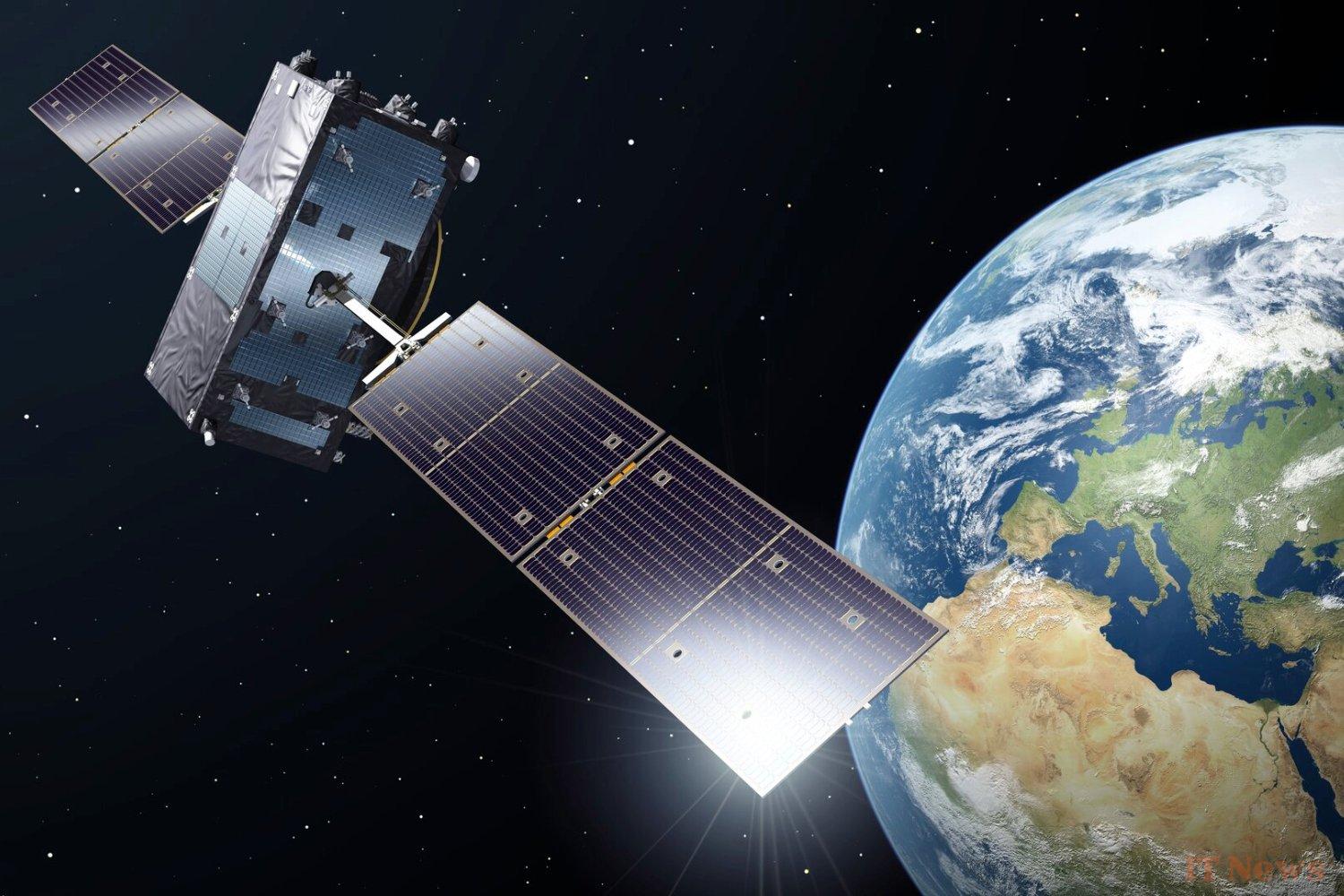Could Elon Musk decide on a whim to turn off the Starlink tap in Ukraine? After the Russian invaders' bombings, the satellite communications of the US number 1 in the sector have become absolutely vital for the inhabitants but also (and above all) for the country's army. But Donald Trump's right-hand man in the White House is blowing hot and cold on maintaining Starlink in Ukraine, depending on the White House's changing and chaotic positions on the conflict.
A fallback solution for Ukraine
Tensions between the United States and Europe are extremely high, with Europeans fearing that Starlink will be used as bargaining leverage in the looming trade war between the two blocs. This is also the reason why Italy could ultimately oppose a major project with the SpaceX subsidiary.
For Europe and Ukraine to want to cut ties with Starlink is one thing, but actually doing so is another, and much more complicated. Because the American company has a constellation like no other, with more than 7,000 satellites in orbit and proven technology that is perfectly functional and efficient. There are 40,000 Starlink terminals installed on Ukrainian territory.
Eutelsat, via its OneWeb constellation of 630 satellites, could be a possible candidate. The Franco-British company is also reportedly in discussions with Italy to replace Starlink, or perhaps not—it's not very clear. In any case, the group's stock has experienced exponential growth in recent days. And if the EU really wants to replace Starlink at short notice, it will probably have to form a coalition of suppliers.
Eutelsat CEO Eva Berneke confirmed a few days ago that she is in contact with the EU and member state governments to expand its internet connection service to Ukraine. Three other companies are reportedly in the loop, according to the Financial Times: the English company Inmarsat, the Luxembourg company SES, and the Spanish company Hisdesat. The latter's boss, Miguel Angel García Primo, has indicated that he is in discussions with several European leaders.
Still, it won't be easy to replace Starlink in Ukraine. It will take a major concerted effort and probably a check from Brussels to install the terminals on site and ensure the satellites are ready to meet the needs of the population and the army. All as quickly as possible.
In the longer term, the EU is banking on its Iris² constellation, which will only be switched on at the end of the year. the horizon 2030. By then, who knows how the economy will have evolved. the geopolitical situation.



0 Comments